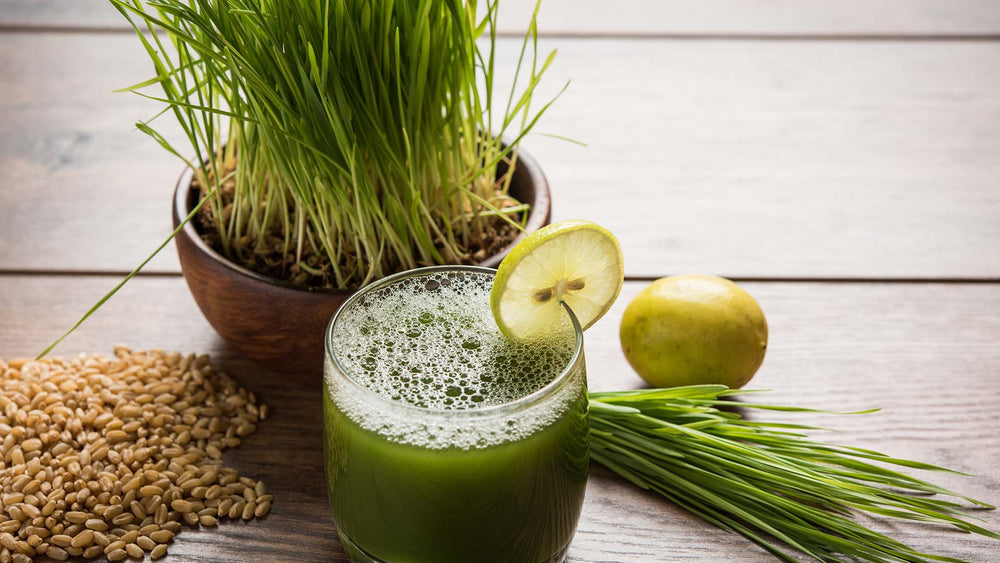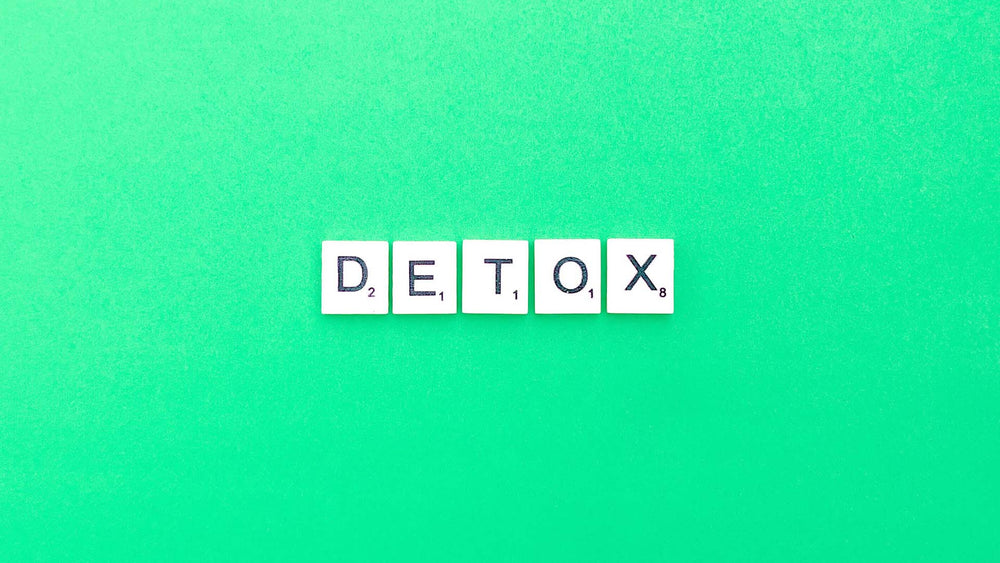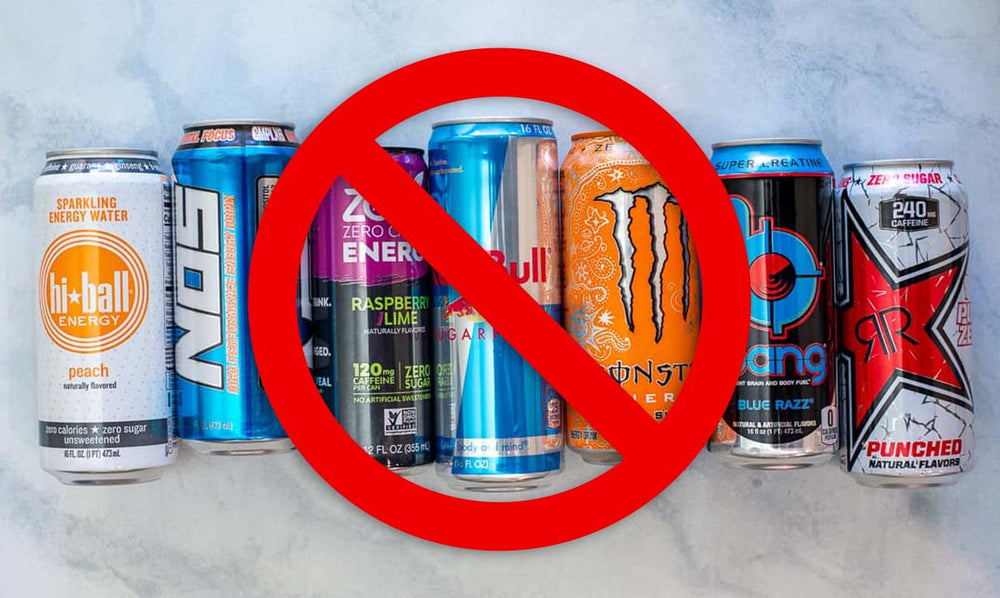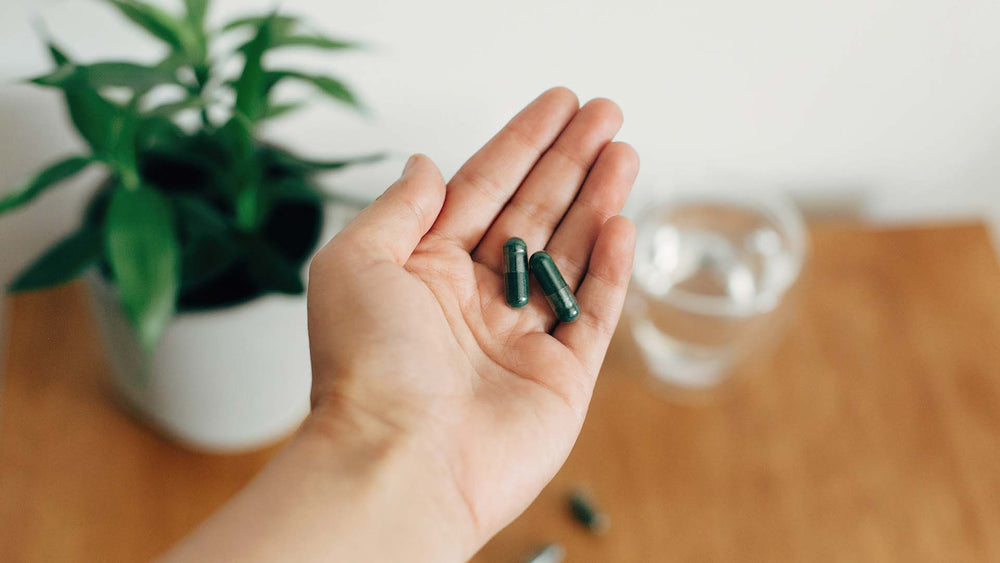For a long time, it was generally thought that being an extrovert was preferable to being an introvert. Introverts often had the reputation of being depressed or socially inept, but now we know that’s (usually) not the case.
There’s a lot of publicity about introverts lately, most of it with a positive spin. Introverts are now considered by some experts to be smarter, more sensitive and more creative than extroverts.
The brain of an introvert reacts differently to a neurotransmitter called dopamine than an extrovert’s brain. (Dopamine controls your brain’s reward and pleasure centers.)
Extroverts need more stimulation than introverts. When extroverts are bored, they find someone to talk to or a social event to attend. Introverts don’t need as much stimulation, and can be content sitting at home reading a book - or they seek stimulation by drawing, playing a musical instrument, or writing.
Extroverts and introverts both have good points and bad points. And they can both achieve great things and work in the same fields.
Both introverts and extroverts can be successful. Mark Zuckerberg, Albert Einstein, Bill Gates, Stephen Spielberg and Hillary Clinton are just a few famous introverts. Famous extroverts include Bill Clinton, Winston Churchill, Muhammad Ali, Margaret Thatcher and Benjamin Franklin.
Even the most extroverted person needs to be alone for awhile to recharge after a night of non-stop socializing. Introverts energize from spending time alone and reading or creating, but eventually, they need to hang out with friends or family.
Introverts are more selective about who they spend time with or talk to, and prefer a meaningful conversation with one person to exchanging social niceties with several individuals. Extroverts will talk to just about anyone, and they don’t mind small talk or superficial conversation.
There’s a third social style that’s half-way between an extrovert and introvert- the ambivert.
Ambiverts can take any situation as it comes, with or without people involved. Many people actually fall into this category, as they can adapt to any social situation or spend time alone reading or watching movies without feeling uncomfortable. Ambiverts may even be betters salespeople than extroverts.
One researcher found that ambivert salespeople sold 51 percent more products per hour than other sales associates.
Benefits of Being an Extrovert
A talkative person who is at ease around others has many advantages in work and social situations.
Extroverts are socially active, and meet many more people face-to-face than introverts. Since they enjoy approaching and talking to people, they tend to have more contacts and achieve success in business and in romance more easily than introverts.
Extroverts say what’s on their mind and don’t keep their opinions and concerns to themselves. As a result, they don’t keep sadness or anger bottled up inside the way some introverts do. Expressing emotions freely may help prevent long-term depression and anxiety.
Extroverts take more risks, but they have to guard against being impulsive. Since they make decisions more quickly, they don’t miss out on chances the way introverts might due to procrastination.
A study at VIT University in India suggested that extroverts may be more likely to learn a second language. This finding is probably a result of extroverts’ desire to meet more people and search for new experiences.
Extroverts make natural leaders because they are so charismatic and commanding. However, they must remember to make informed decisions and not merely act to seem authoritative before having all the facts at hand.
Benefits of Being an Introvert
In recent years, more psychologists and business experts are recognizing the positive aspects of being an introvert. An introvert isn’t necessarily shy or quiet; he simply focuses on internal thoughts and feelings for inspiration instead of outside sources.
Introverts are drained being around lots of people, and prefer a small circle of friends and solitude to constant social interaction. Shyness and introversion are two different things. A shy person may be afraid to interact with people, while an introvert prefers solitude or small groups to large groups, but isn’t afraid to talk to people.
Since introverts don’t scatter their social energy among many people, they are loyal friends. They would rather have a few close friends than dozens of superficial acquaintances. Introverts are quite selective about letting people into their lives, and choose friends for their companionship and shared interests.
Introverts tend to keep friends much longer than “social butterfly” type extroverts, and are trustworthy and attentive.
They can also network more effectively, because they are better listeners than extroverts. They focus their full attention on the person they are speaking to rather than spreading themselves too thin and focusing on the number of people they meet rather than actual conversations.
An introvert likes to know a person well before getting too serious in a romantic relationship. This helps “weed out” anyone who’s not a good match and saves both parties time and grief. Introverts are loyal, but not too clingy, in a committed relationship, since they know their partners need some space to be happy.
Introverts live in their minds, in their imaginations, and if given the right talent, can become great inventors, artists or writers.
Health Risks for Introverts
An Iranian study showed that introverts had slower reaction times than extroverts in traffic situations involving honking horns and other noises.
This could happen because introverts generally like quiet places, and extroverts are more likely to be comfortable with (and conditioned to) outside noises as an everyday part of life.
Introverts need to be aware of how to talk to physicians and bring up health concerns. Doctor visits last an average of 13-16 minutes, according to a recent report, though they may last much longer.
Introverts tend to be more nervous during doctor appointments, and may forget to ask the doctor about their concerns. If you’re an introvert, write down the questions you want to ask your doctor and talk to the doctor about them at the beginning of the appointment.
Being an introvert is only a problem if it results in isolation, anxiety, depression, or interferes with your day-to-day life. If you find yourself avoiding people (even family and friends) and isolating yourself, contact your doctor or a mental health professional.
Potential Problems for Extroverts
A 2010 study conducted by the Walter Reed Army Institute, showed that introverts may have an easier time falling asleep than extroverts. Participants stayed awake for 36 hours. Some subjects experienced 12 hours of solo activities, while others had 12 hours of social interactions.
Extroverts scored lower on alertness tests than introverts after the study, indicating that lots of social activity may deplete attention and cause sleepiness.
Introverts, who are used to focusing their attention on one thing for a long time (cortical arousal), may not experience a physical and mental crash at the end of the day.
Introverts aren’t as likely to make impulsive decisions or take risks. Extroverted individuals may be prone to excitement that leads to excessive gambling or overeating than the less impulsive introverts. This may have something to do with how their brains react to dopamine.
Introvert Brains Have Thicker Gray Matter
Introverts have thicker gray matter in the prefrontal cortex. This area of the brain is responsible for decision making and abstract thought.
Extroverts have less gray matter. Researchers think the difference in gray matter may be the reason introverts take longer to think things through before making a decision, while extroverts tend to make decisions quickly.
Immunity and Social Style
Extroverts might have more robust immune systems than introverts, since a study showed they have more protective, anti-inflammatory genes.
Introverts, who were described as more conscientious, had lower amount of these genes. Extroverts may have a higher number of anti-inflammatory genes due to their tendency to be around more people.
Constant social interaction exposes them to more germs and improves their immune systems.

Are Extroverts Happier than Introverts?
Many studies rate extroverts as being happier than introverts, but the research methods may be bias in favor of extroversion. The tests use social events and interaction with others as touchpoints.
Introverts experience happiness differently than extroverts. They can be as happy at home reading a book or talking with their best friend as extroverts are at a party.
Extroversion and introversion are treated differently in Eastern and Western cultures.
Western societies like the U.S. favor people with outgoing, friendly or even brash personalities. Introverts may be ignored or feel forced to be more extroverted to be accepted.
Eastern cultures appreciate people who are more contemplative and quiet. Introverts living in an Eastern culture don’t feel pressured to be louder and more outgoing.
Happiness doesn’t have much to do with how outgoing you are, but on having a purpose in life, a strong sense of self, and strong personal relationships (friends, family, neighbors, etc.).
Embrace Your Social Style
Don’t be ashamed of being an introvert or an extrovert. (Yes, even extroverts take their share of bashing in today’s increasingly isolated digital world.)
Once you are comfortable with your social style, you can take steps to use it to your advantage.
Accept your true personality and interests. Don’t feel you need to talk more or go to more parties or social events, even when other people push you to do so.
If you’re an extrovert, remember that the quality of your interactions are more important than the quantity.
If you’re a social butterfly, but constantly talk to and hang out with people who aren’t good for you, it will be a detriment to your overall mental health. Extroverts as well as introverts should be aware of the social choices they make every day.
Extroverts make up between 50 and 74 percent of the population, according to researchers.
Although there are fewer introverts, this personality type is perfectly normal, and no one should suggest an introvert should be more talkative or social to be accepted. Introverts and extroverts simply get their energy from different sources.
A study conducted in Spain showed that adult introverts with strong relationships and the ability to regulate their emotions (by avoiding anxiety and depression, for example) were happier than other introverts who didn’t have those traits.
The quality and consistency of your relationships, and the ability to keep your emotional reactions in check, matter more than your personality type.
Extroverts should remember to listen more carefully to others and avoid dominating conversations.
Some extroverts are excellent at reading non-verbal cues from others and letting conversations flow, while other extroverts overpower others with non-stop chatter. Learn to make every conversation a two-way street.
Introverts should bring a friend to social events who can help them maneuver uncharted territory and give them an “out” when they want to find a quiet spot to sit.
Plan your exit before you go and let people know you have to be home at a certain time. That way, you won’t feel pressured to stay till an uncomfortable (for you) hour.
Lifestyle, Nutrition and Your Social Style
Maintaining emotional balance as an extrovert or introvert is easier when you take care of your health.
Eat right, exercise, meditate and get enough sleep every day. Taking a supplement daily can help, too. Happy Girl Mood Enhancing Supplement from Wheatgrass Love contains safe, 100% pure wheatgrass and a blend of other nutrients.
Wheatgrass has hundreds of vitamins, minerals, amino acids and enzymes to give your body a healthy alkaline pH. Wheatgrass is powered by chlorophyll, the green pigment found in plants. Chlorophyll is sometimes called nature’s perfect food due to its abundance of nutrients.
Happy Girl also has several natural, feel-good herbs, including cayenne pepper, green tea extract, Hawthorne Berry, Gingko Biloba and goldenseal.
Green tea extract has lots of antioxidants for overall health, and it raises your metabolism to help you get through the busiest day without feeling exhausted. Cayenne pepper aids circulation and helps heart function. Gingko Biloba increases blood supply to the brain to help you think more clearly.
Learn more about Happy Girl here.

















